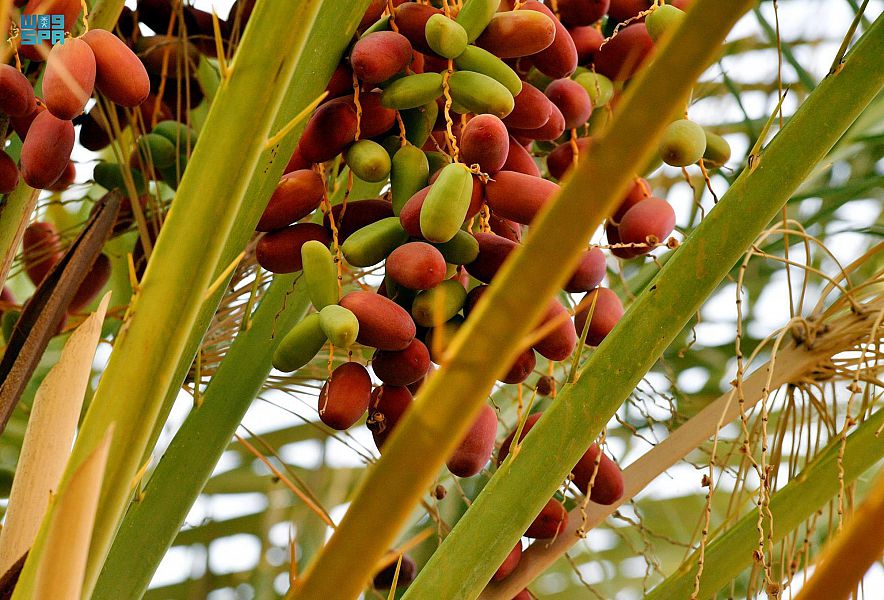
Tabuk region farmers are reaping the rewards for their hard work with an annual bounty of pomegranate fruit crop. The year, which extends until the end of December, 2021, will see 180 farms in the region host more than 80,000 pomegranate trees.
The region’s farmers are also innovative in the ways of sustaining quality thus producing many high-quality varieties, including: Enderville, Red Angel, Acre, and Manfaluti.
While not compromising on quality, the farmers favor quantity too as they market their brands in large numbers. And they pump approximately three million kilograms into the local market annually.
The Tabuk farmers use the preferred method of planting pomegranate trees in the spring or early fall, while deriving the fruits of their labor after a decade or two. The peak of pomegranate production is from 15 to 20 years old and reaches 50 years and more.
The Ministry of Environment, Water and Agriculture (MEWA) works to encourage farmers in Tabuk to grow varieties of quality, suitable for the climate, while guiding them on the appropriate cultivation and irrigation methods.
Cultivation of pomegranate is based on taking pieces of trees seedlings of at least 30 centimeters in length, then planting them in agricultural soil with specific directions and components.
The seedlings last for two years or more before being transferred to the farm. Before their transfer, they are laid by being buried for a period of time without any cutting or shaving until the roots sprout.
In addition, farmers are working with MEWA to combat insect pests and fungal diseases. This has made the Tabuk region a fertile environment for the cultivation of various agricultural crops.
With this cooperation Tabuk has emerged as a major the producer of agri produce with more than 14,000 farms on a total area of more than 270,000 hectares.












